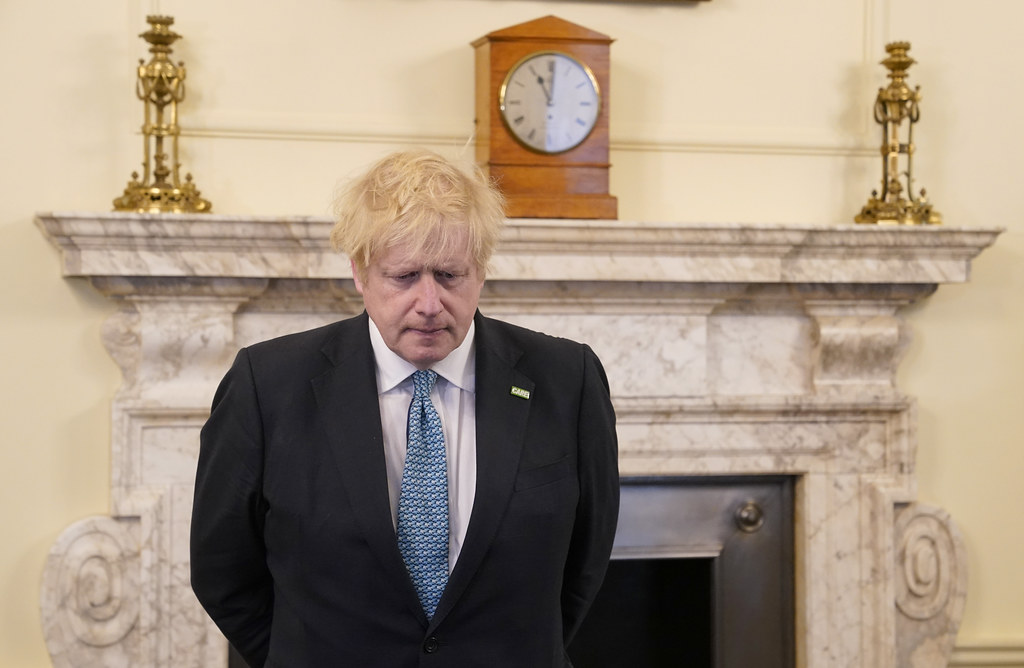Jade Heath l Politics Editor 
An academic study conducted by medical humanities scholars at the University of Exeter has concluded that an environment wherein blame directed towards individuals and marginalised groups was tactically created to steer it away from the government. Their┬ábook ÔÇÿCovid-19 and Shame: Political Emotions and Public Health in the UKÔÇÖ details their study, and is considered the first academic analysis of the role that emotion played in political and public health discourse. The scholars argued that the categories of people who all felt the effects of shame and stigma include those with medical conditions such as obesity, people from ethnic minority groups, and health professionals.
Examples of shame directed towards ethnic minorities are included in a chapter named ÔÇ£Coughing While AsianÔÇØ which explores the racial hatred directed towards those assumed to be Chinese, and the emphasis that was placed on the idea of Covid-19 being a ÔÇÿforeignÔÇÖ disease. It can be argued that BAME (Black, Asian and minority ethnic) groups were also heavily targeted during the pandemic. In July 2020, Conservative MP Craig Whittaker argued on LBC news┬áthat ÔÇ£it is the BAME communities that are not taking this seriously enoughÔÇØ in regards to lockdown rules.
At the time, Whittaker’s constituency of Calder Valley in Northern England was an area which had been newly imposed with stricter lockdown instructions. Critics responded, arguing that many areas which had the highest rates of infection were actually predominantly populated with white individuals. Shadow Women and Equalities secretary Marsha de┬áCordova implied that WhittakerÔÇÖs comments were particularly disgraceful, given that BAME communities are those ÔÇ£whose lives and livelihoods have been the worst hit by Covid-19ÔÇØ. The death toll and risks associated with Covid-19 were higher for these individuals as well.┬á
The study also explores the way in which overweight people were treated as a burden on society – regarded as a group with increased chances of becoming seriously ill. Research has also been conducted on the treatment of disabled people during the pandemic. The Cabinet Office Disability Unit commissioned ethnographically-led research to be conducted into the experiences of disabled people during the pandemic. This was carried out by Policy Lab from July to September 2020. Their findings included some participants saying that pre-existing feelings of shame and guilt (surrounding their disabilities) were exacerbated by the pandemic and their treatment throughout.┬á
The idea of shame during the pandemic was also explored on a more general level. For example, the book highlights an instance where a woman was shamed online for not ÔÇÿclapping for carersÔÇÖ. As well as this, the term ÔÇÿCovidiotÔÇÖ began to circulate online in the early months of the pandemic.
This emphasis on individual responsibility and ÔÇÿcurtain-switchingÔÇÖ served ÔÇ£as a means of shifting focus away from bad governance,ÔÇØ argued Luna Dolezal, one of the researchÔÇÖs three co-authors and an associate professor in philosophy and medical humanities. Dolezal labelled the situation to be ÔÇ£a government sanctioned blame cultureÔÇØ, which targeted the most vulnerable groups and ultimately encouraged division at a time where cohesion was most needed.








Add Comment